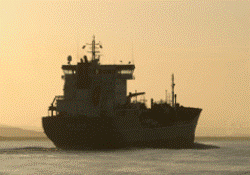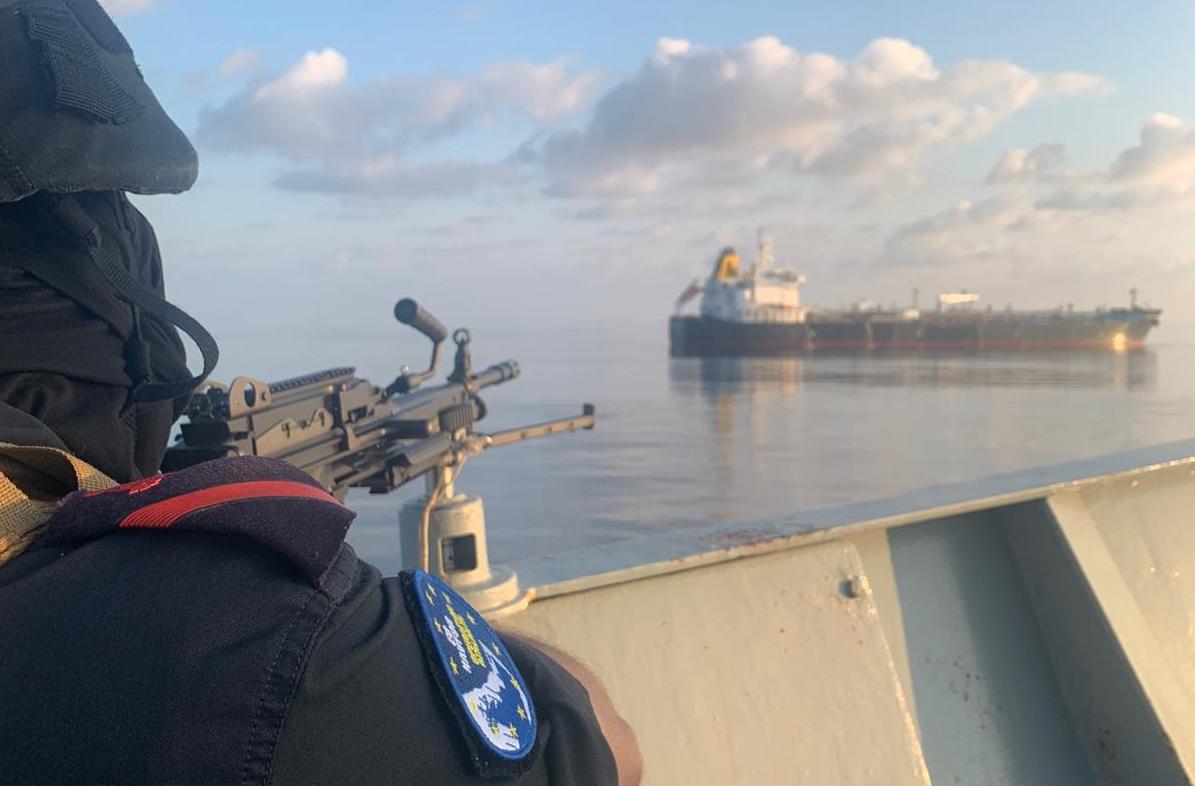 With vessel attacks, hijackings and huge ransoms stealing the headlines in todays news, some flag states are concerned that acts of violence against seafarers by pirates is going unnoticed and underreported, perhaps causing piracy to lose its human element with the general public. To address this concern, three of the world’s largest flag states have met in Washington to sign a declaration condemning these acts of violence, with a promise to pool information and report incidents to the International Marine Bureau. Read below for the press release from the IMB:
With vessel attacks, hijackings and huge ransoms stealing the headlines in todays news, some flag states are concerned that acts of violence against seafarers by pirates is going unnoticed and underreported, perhaps causing piracy to lose its human element with the general public. To address this concern, three of the world’s largest flag states have met in Washington to sign a declaration condemning these acts of violence, with a promise to pool information and report incidents to the International Marine Bureau. Read below for the press release from the IMB:
Three of the largest flag states, accounting for around 40% of the world’s commercial shipping tonnage, have signed an agreement condemning the acts of violence against seafarers by pirates. The flag states agreed to pool information on the mistreatment of seafarers at the hands of pirates.
The flag states signed a Declaration in Washington on 3 August 2011, condemning the acts of violence against seafarers. The Declaration recognised that the increasing use of violence against captured seafarers was underreported and noted that there were significant sensitivities associated with such information.
The Declaration affirmed their commitment to provide information on the levels of violence faced by seafarers to the International Maritime Bureau (IMB) from reports received by them in accordance with their internal procedures.
The IMB will collate and disseminate aggregated data of the levels of violence. The reports will omit their names, the names of the vessels, owners, operators and flag states to protect identities and privacy.
The project is supported by the One Earth Future Foundation (OEFF) and the TK Foundation.
So far in 2011, there have been 176 attacks on vessels by suspected Somali pirates which resulted in 22 successful hijackings with 378 crew taken hostage. Taking into account those vessels hijacked in 2010 which remain unreleased, there are presently 20 vessels still held off Somalia with a total of 398 crew still held to ransom.
IMB Director Pottengal Mukundan commented: “This new initiative will help to publicise the human cost of piracy, which at times can go unnoticed amongst reports of hijacking and huge ransoms. Current figures for 2011 suggest that the number of worldwide piratical incidents is on course to match or surpass those for 2010- though currently, attacks off Somalia account for a greater percentage of worldwide attacks than in previous years.”
This agreement is a result of the OEFF’s Oceans Beyond Piracy (OBP) working group, which in June 2011 produced the Human Cost of Piracy Report. The OBP report found that thousands of seafarers were subjected to gunfire, beatings, confinement and in some cases torture, though these cases were underreported and misunderstood by the public.
Mr Mukundan continued: “Attacks reported off Somalia this year have been characterised by a greater degree of violence against crew than before. Also, there have been worrying reports of violent attacks on crew during hijackings of vessels in the Gulf of Guinea. These intimidating and sometimes brutal attacks on crew must end – hopefully we can bring these instances to wider public attention as a result of this Declaration.”
The total number of attacks worldwide stands at 304, with 31 successful hijackings.
IMB strongly urges all shipmasters and owners to continue to report all worldwide actual, attempted or suspicious piracy and armed robbery incidents to the IMB’s Piracy Reporting Centre.
Source: International Marine Bureau
Editorial Standards · Corrections · About gCaptain

 Join The Club
Join The Club










